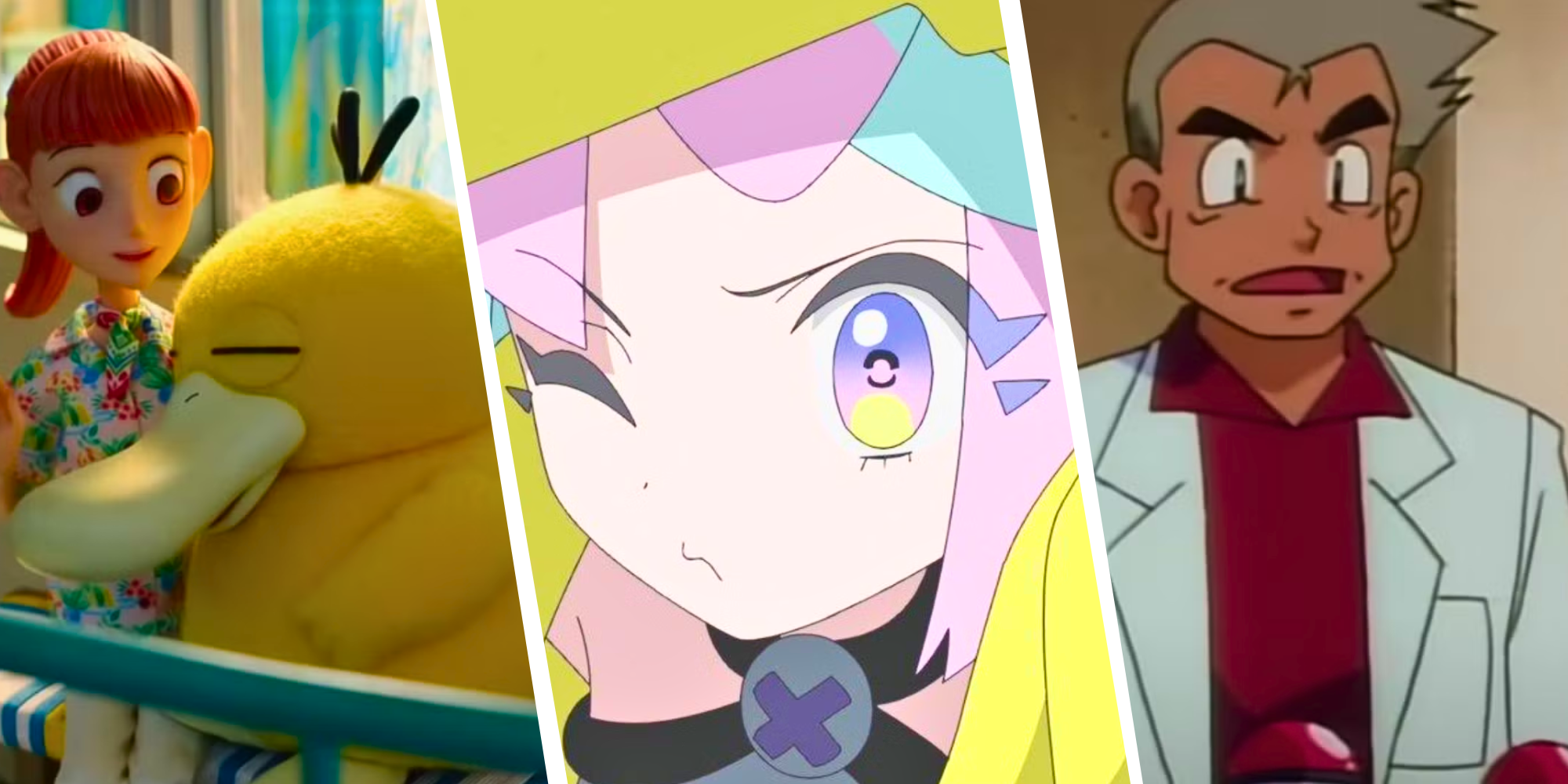Travel
What Is Travel Tuesday? What You Need to Know to Snag the Best Deals Next Week

There’s Black Friday, Cyber Monday, Small Business Saturday—and now, Travel Tuesday: an entire day devoted to the best travel bargains on the market. But how did we get here, and what is Travel Tuesday, exactly?
Let’s back up a bit first. The term Black Friday, used to refer to the start of the busy post-Thanksgiving, pre-Christmas shopping rush, was coined in the US in the 1950s and 1960s. This once meant waiting in long lines outside stores like Walmart and Best Buy in the early morning hours, clambering over one another to snag electronics, beauty items, and other unaffordable gifts at a steal. Then, the concept took on an entirely new meaning in the 2010s with the ability to shop online.
Black Friday originally just referred to the Friday after Thanksgiving, but heavily discounted items now pop up on our screens well ahead of the actual day. This extension of the festive sales period has coined new terms. First came Cyber Monday, a digital-only event offering steep discounts across the largest online shopping platforms. Then, in 2010, American Express launched a marketing campaign to create Small Business Saturday, encouraging shoppers to #shopsmall in their local communities. And now, Travel Tuesday has officially become mainstream in the US, as well as in other countries like the UK.
What is Travel Tuesday?
Travel Tuesday is the Tuesday after Thanksgiving, during which flights, hotels, cruises, and more see discounted prices for a limited time. The creation of Travel Tuesday is accredited to Hopper, a travel platform used by millions globally. While special travel deals were offered following Thanksgiving well before the term was officially coined in 2017, it’s now a crucial part of the extended Black Friday weekend for those in the market for flights and hotel stays rather than electronics and gifts.
Travel Tuesday could be considered commercialism’s latest lovechild, but the new holiday booking spree is also representative of consumers’ desires to spend money on experiences instead of physical belongings. An increasing number of us value experiences over materialism, seeking out new destinations instead of the latest hair dryer in a reverse of the Keeping up with the Joneses mentality.









